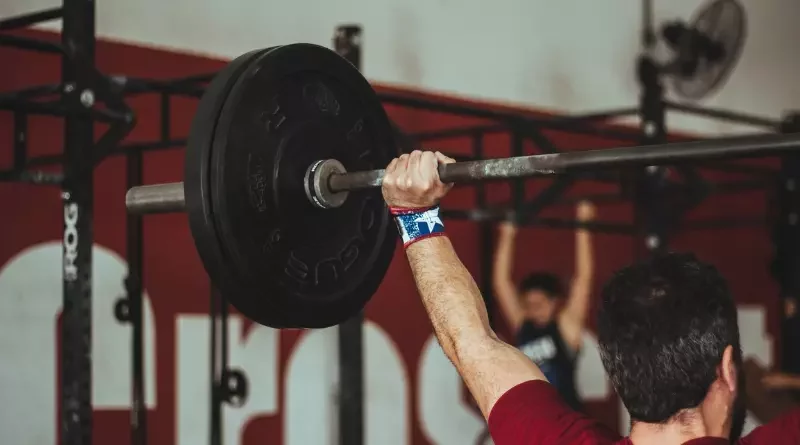Rock Climbing vs. Bouldering: Is There a Difference?
Rock climbing and bouldering are two popular outdoor activities that require strength, skill, and mental toughness. While both sports involve scaling steep surfaces using your hands, feet, and body, there are some key differences between rock climbing and bouldering that set them apart.
- Rock climbing typically involves scaling tall rock faces using ropes, harnesses, and other safety equipment. Climbers ascend routes that can be hundreds of feet tall, and they must rely on their equipment and the safety measures put in place to protect them from falls. Bouldering, on the other hand, involves climbing shorter, more difficult routes without ropes or safety equipment. Climbers scale boulders or small rock formations that are typically no higher than 20 feet.
- One of the main differences between rock climbing and bouldering is the level of difficulty. Bouldering routes are often more technically challenging than rock climbing routes because they require more precision and strength. Bouldering problems (the term used for a bouldering route) often involve small holds or tricky movements that require careful balance and coordination. In contrast, rock climbing routes may be more physically demanding because of their length and height, but they may not require the same level of technical skill.
- Another difference between rock climbing and bouldering is the equipment used. Rock climbers require a lot of gear, including ropes, harnesses, carabiners, and other safety equipment. Bouldering, on the other hand, requires minimal gear. Climbers typically use climbing shoes, chalk to keep their hands dry, and crash pads (thick foam pads) to cushion falls.
- The types of holds used in rock climbing and bouldering also differ. Rock climbing holds can vary widely in size and shape, and climbers may encounter pockets, crimps, slopers, jugs, and other types of holds on a single route. Bouldering holds, on the other hand, tend to be smaller and more difficult to grip. They may also be set in more challenging positions, such as overhangs or roofs, which require greater upper body strength and grip strength.
While both rock climbing and bouldering can be physically demanding, they also require a great deal of mental focus and problem-solving skills. Climbers must carefully plan their routes, anticipate the movements required to reach the top, and stay calm and focused even when faced with challenging or unexpected obstacles. Bouldering, in particular, requires a high degree of mental toughness because climbers must navigate difficult routes without the safety of ropes or other equipment.
6 Tips for Rock Climbing and Bouldering from the Experts
If you’re interested in rock climbing or bouldering, there are a few key tips that can help you get started and improve your skills. Here are 10 tips for rock climbing and bouldering:
- Start with the basics: Before you attempt any difficult routes or problems, make sure you have a solid foundation in the basics. Learn proper foot and hand placement, how to shift your weight, and how to use your body to maintain balance.
- Focus on technique: Climbing is as much about technique as it is about strength. Focus on improving your technique, such as your footwork and body positioning, to make your climbs more efficient and easier.
- Use proper gear: Whether you’re rock climbing or bouldering, make sure you have the proper gear for the activity. Climbing shoes, chalk, and crash pads are essential for bouldering, while harnesses, ropes, and carabiners are necessary for rock climbing.
- Warm up before climbing: Before you start climbing, make sure to warm up your muscles and stretch properly to prevent injury. Spend at least 10-15 minutes doing some light cardio and stretching.
- Stay hydrated: Climbing can be a physically demanding activity, so make sure to drink plenty of water and stay hydrated. Bring a water bottle with you and take regular breaks to hydrate.
- Practice grip strength: Grip strength is essential for climbing, so make sure to practice grip strength exercises regularly. Use grip strengthener devices or try hanging from a fingerboard to improve your grip strength.
Takeaway
So, which is better: rock climbing or bouldering? The answer is that it depends on your personal preferences and goals. Rock climbing may be a better choice if you enjoy the challenge of longer routes or want to experience the exhilaration of climbing to great heights. Bouldering may be a better choice if you prefer more technical routes that require a high level of precision and strength, or if you want to focus on developing your grip strength and finger strength.
Regardless of which sport you choose, grip strength is an essential element that can help you improve, many climbers also use grip strengthener devices to improve their hand and finger strength. These devices typically involve squeezing a spring-loaded grip or using a fingerboard (a board with small holds that you hang from).


